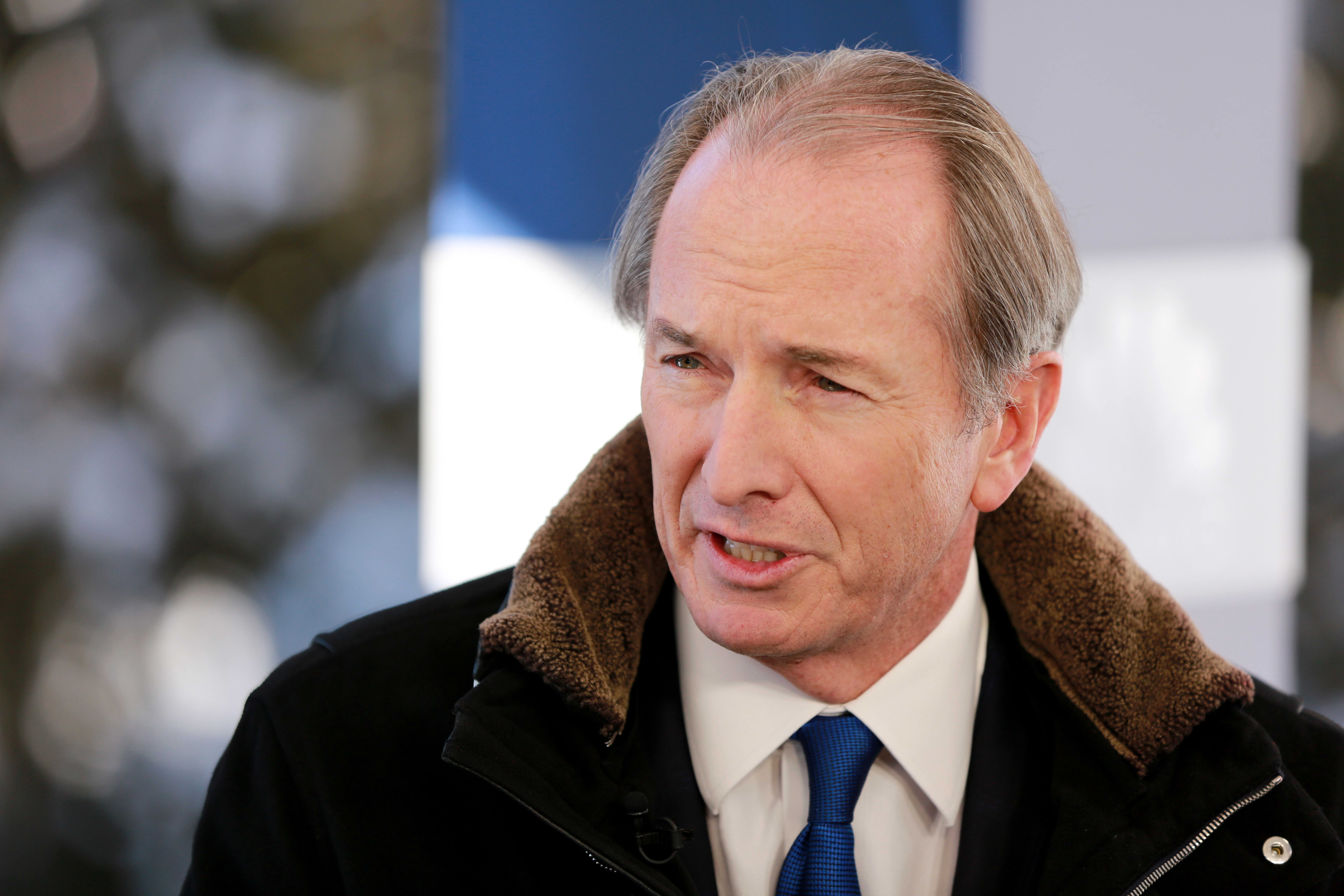This post was originally published on this site

Morgan Stanley’s acquisition of brokerage firm E-Trade has been a long time coming, the investment bank’s chairman and CEO James Gorman told CNBC’s Wilfred Frost on Thursday.
“In truth, [conversations] started in 2002,” Gorman said on CNBC’s “Squawk on the Street.” “I called [E-Trade] back then when I was at Merrill [Lynch] because I was intrigued by that fact that there was always going to be segments of clients who only want to do electronically and digitally. It was always buy verses build.”
In the biggest takeover by a U.S. bank since the financial crisis, Morgan Stanley announced Thursday it will acquire brokerage firm E-Trade for $13 billion. Morgan Stanley will pay $58.74 a share in stock for E-Trade in a deal bringing together $3.1 trillion in client assets. The investment bank’s shares fell 4% on the proposed purchase.
After 2002, Gorman said he called E-Trade again in 2007 and had “pretty extensive negotiations” with the brokerage firm. In the end, the two companies could not get past Morgan Stanley’s home equity loans portfolio.
“So these discussion re-initiated in December,” said Gorman. The E-Trade acquisition is expected to close in the fourth quarter of this year.
“You’ve got to have a clear strategic vision and I never worry about strategy from envy,” Gorman said about quickly pulling the deal together. “You’ve got to be very opportunistic, you’ve got to move and move quickly.” “When you make your mind up you’ve got to be aggressive to get the job done and that’s what we did.”
In addition to E-Trade’s corporate stock plan business, Gorman said the broker’s technology was an attractive aspect of the deal.
“We’re bringing in a group of technologists that I think will drive our technology platform even further. They have online banking we can roll out to premium clients now,” Gorman added. “There’s so many positives and there’s going to be no dislocation to clients, its just adding to what they’ve already got.”
Gorman also said the deal opens up Morgan Stanley to a new demographic of clients and entertains the idea of international expansion.





